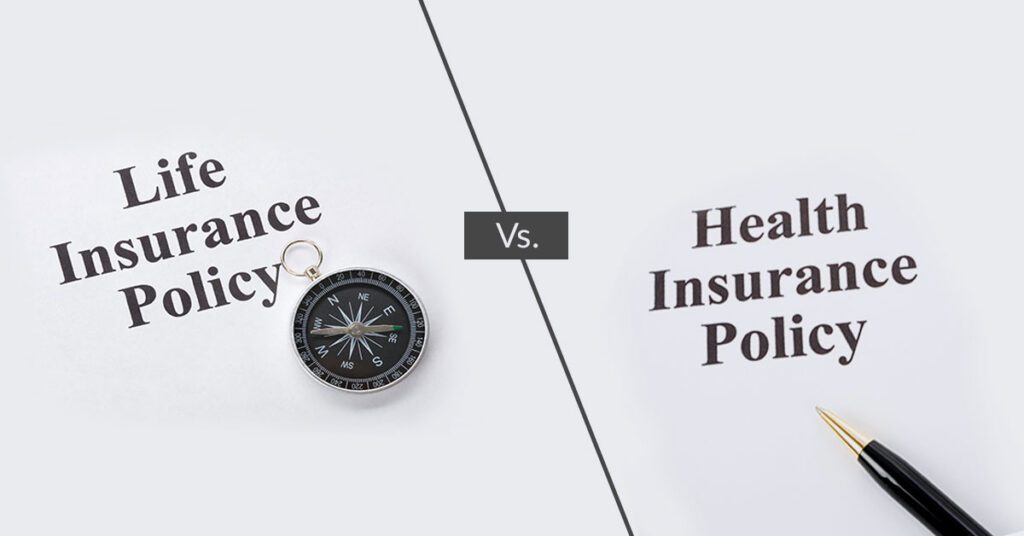Life Insurance Calculator: Best Guide
There are many different types of life insurance policies designed for different coverage needs. If you’re wondering “How much life insurance do I need?” a calculator could help. We’ll walk you through how to use our calculator and how to find the best life insurance rates for your situation. While a calculator can help you estimate life insurance levels and costs, you may still want to work with a licensed agent or financial planner to ensure that your coverage level fits your needs.
How to use our life insurance calculator
To calculate your life insurance coverage level with our tool, just fill in the required fields above. These include your estimated burial expenses, the number of income-earning years you’ll want to replace for your beneficiary, the net income of your survivors, the values of your current investments and savings, the number of children your survivor will need to support and if you want to account for funding any one-time expenses for your survivors, like college expenses or a gift to charity.
Keep in mind that this is a death benefit calculator, which means you are estimating how much life insurance to buy. This tool is not a life insurance premium calculator and won’t show you how much life insurance will cost for you. While you may be able to find a life insurance cost calculator, your best bet is to get a life insurance quote from a company that suits your needs. Only an actual quote will give you an accurate idea of how much your life insurance will cost.
How much life insurance do I need?
- Decide why you’re buying coverage: To figure out how much life insurance to buy, you’ll first need to understand why you need life insurance. Your reason for purchasing coverage — be it to help a loved one pay off a debt, to replace your income when you are gone or to leave a financial gift — will play heavily into the amount of coverage you purchase.
- Decide what type of policy you want: There are several different types of life insurance and they all work differently. Knowing what type of policy you’re looking for may help you decide how much coverage you need.
- Review your annual salary: If you are using life insurance to replace your income for a loved one, you may want to multiply your annual income by the number of years you have until retirement. That way, if you pass away, your loved one will receive a death benefit equal to the amount of money you would have contributed to the household.
- Think about your debts: If your life insurance is to pay off a debt, you may only need enough coverage to equal the principal amount of that debt. You could also use your life insurance to leave a financial gift for your beneficiaries, in which case the amount is up to you.
- Decide if you want to leave a financial gift: You could also use your life insurance to leave a financial gift for your beneficiaries, in which case the amount is up to you. You may want to leave a sizable amount to a charity or make your intentions known that your life insurance death benefit should be used to pay for a child’s college expenses.
- Assess your assets: If you already have significant assets, like a large amount of savings or investment funds, you may not need as much life insurance as someone who has less wealth built up.
- Work with an agent: If you’re still feeling unsure about deciding how much life insurance to buy, you may want to work with an agent or certified financial planner. These professionals can help you assess your situation and determine what type and level of coverage is right for you.
How to get the best life insurance rates
If you’re trying to calculate life insurance premiums, there’s no better way than to obtain and compare life insurance quotes. Each life insurance company calculates rates slightly differently, so to know how much you’ll pay, you might want to get quotes from a few different carriers.
Understanding the factors that affect life insurance rates might also help you get a lower price:
- Your policy type and limits: As you might guess, the amount of insurance you purchase plays a role in determining what you will pay for your policy. A policy with a death benefit of $3 million, for example, is likely to cost more than one that has a payout of only $500,000. The type of policy you purchase will also play a role. In general, term policies are more affordable than permanent types of insurance.
- Your age: While you can’t do anything about how old you are, even the best life insurance companies use your age to calculate your rate. Simply put, life insurance rates are based on the risk of a company paying your death benefit. The older you are, the more likely you are to pass away during the policy period, so the higher your rates will likely be.
- Your health: To some degree, you can control this rating factor. If you are generally healthy, you’ll probably get a cheaper life insurance premium. If you have chronic health issues, you may want to look for a policy that can be issued without a medical exam, although you should keep in mind that policies that don’t require medical exams may be more expensive to account for the risk.
- Your occupation: Having a career that puts your safety at risk could mean you’ll pay higher rates. These jobs might include law enforcement officers, firefighters and active military members.
- Your hobbies: Just like your job, having risky hobbies could mean you pay higher life insurance rates or that you’re denied coverage altogether. Many applications ask if you are a skydiver, for example, and your answer may preclude you from coverage with certain carriers.
- Your habits: Any habits, like smoking or drug use, that put you at a higher risk for health complications or death are likely to either increase premiums or possibly even exclude you from coverage.
FAQs
1. What is a life insurance calculator?
A life insurance calculator is an online tool that helps you estimate the amount of life insurance coverage you may need. It considers factors such as income replacement, debts, dependents, and future expenses like education or retirement support.
2. How accurate is a life insurance calculator?
A calculator provides a reliable estimate but not an exact figure. Since it doesn’t factor in every personal detail or health-related risk, it’s best to use the results as a starting point and then consult a financial advisor or insurance agent.
3. Does a life insurance calculator tell me the cost of my policy?
No. A life insurance calculator estimates the coverage amount you may need, not the premium cost. To know the actual price, you’ll need to request quotes from insurance companies.
4. What information do I need to use a life insurance calculator?
You’ll typically need details like your income, debts, number of dependents, savings, existing investments, burial or funeral costs, and any one-time expenses (e.g., college funds, charitable gifts).
5. How much life insurance do I really need?
The amount varies for each person. A common approach is to multiply your annual salary by the number of years until retirement, plus any debts or financial goals you’d like covered for your beneficiaries.
6. Can I rely only on a life insurance calculator to choose coverage?
Not entirely. While it’s a useful tool, you should also consider your personal financial goals and consult with a licensed agent or financial planner to customize the right policy for your needs.
7. Does age affect my life insurance needs?
Yes. Younger individuals often need more coverage for income replacement, while older adults may focus more on covering debts, final expenses, or leaving a financial gift.
8. What factors affect my life insurance premiums?
Premiums depend on your age, health, lifestyle habits (like smoking), occupation, hobbies, policy type, and coverage amount. Healthier and younger applicants generally pay lower premiums.
9. What’s the difference between term life and permanent life insurance?
- Term life insurance covers you for a set period (e.g., 10, 20, or 30 years) and is usually more affordable.
- Permanent life insurance lasts your entire lifetime and may include a cash value component, but it’s generally more expensive.
10. Can I change my life insurance coverage later?
Yes, many insurers allow you to adjust your coverage. However, increasing your coverage usually requires a new application, updated health information, and potentially higher premiums.
Conclusion
Choosing the right life insurance coverage is an important step in securing your family’s financial future. A life insurance calculator is a valuable tool to estimate how much coverage you may need based on income, debts, dependents, and future financial obligations. However, it should be seen as a starting point rather than the final decision-maker. Since every individual’s situation is unique, consulting with a licensed insurance agent or financial advisor can help you refine your coverage needs and find the most suitable policy. By combining the insights from a calculator with expert guidance and multiple quotes, you can ensure your loved ones are protected with the right amount of life insurance at the best possible rate.










